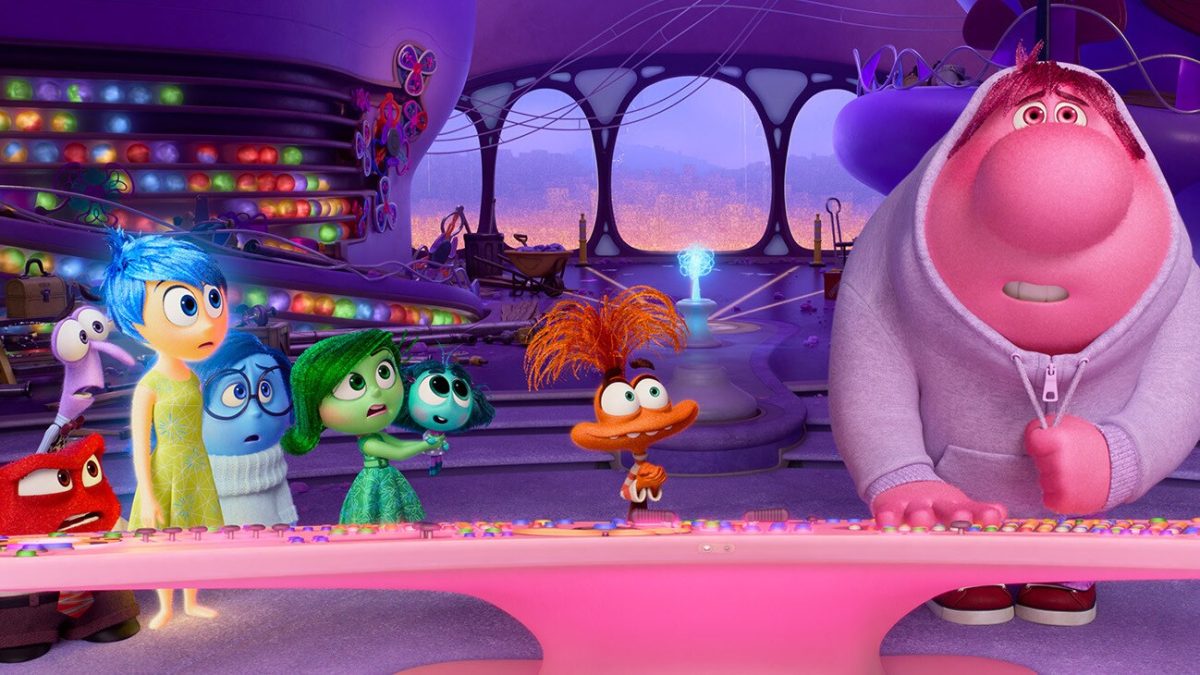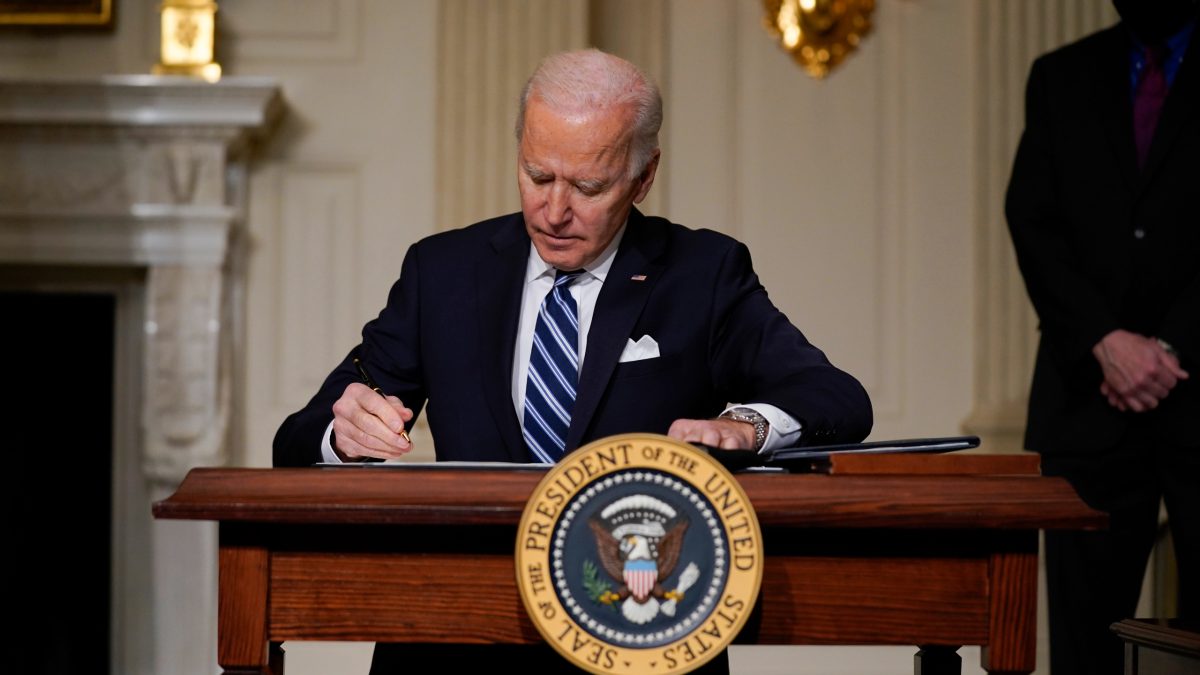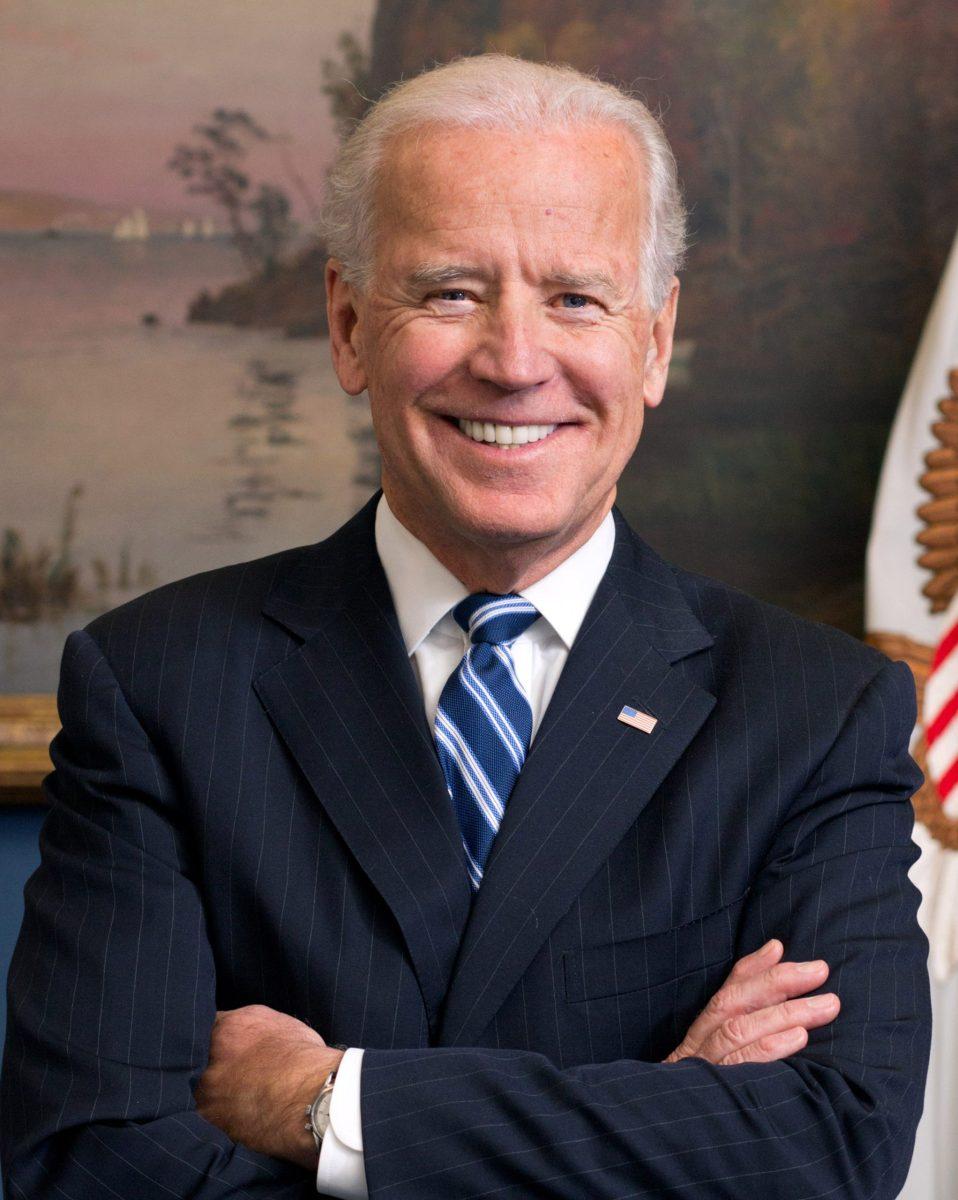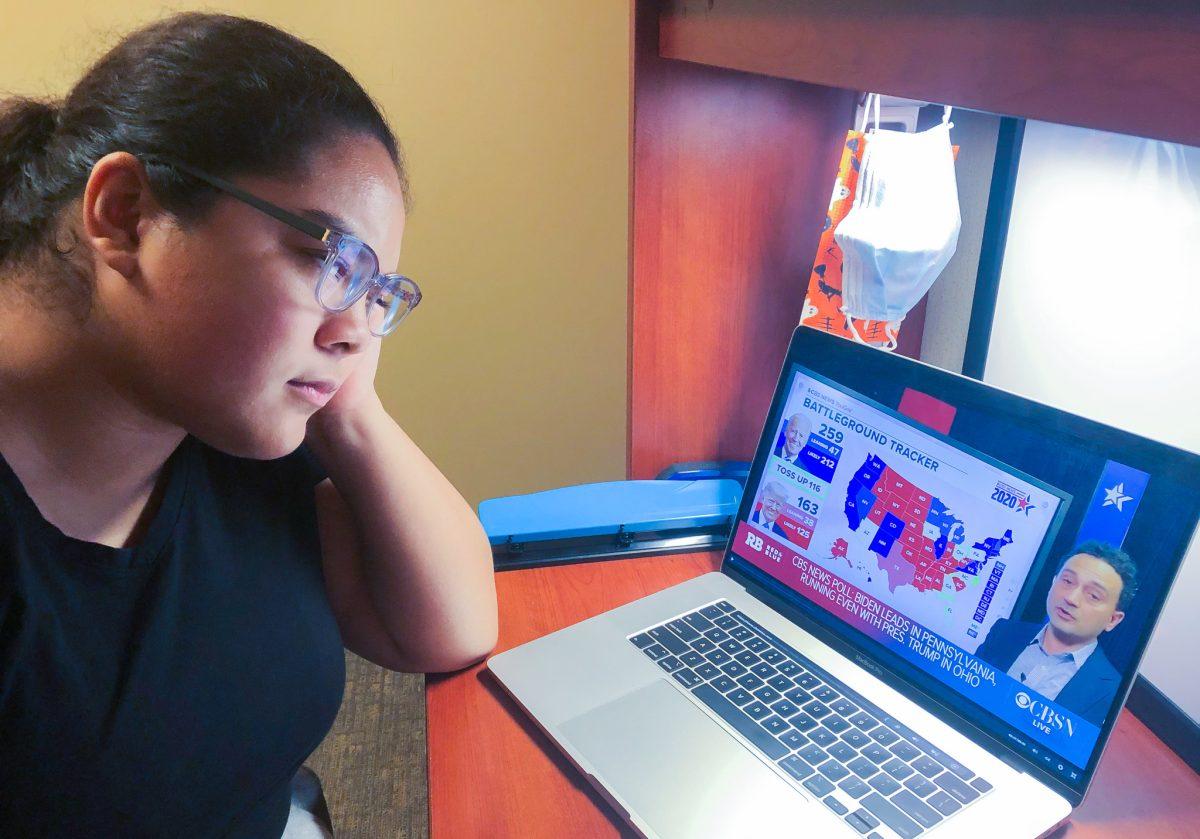[one_third]Liberal – Nicole Cheney
Universal basic income is not a sustainable long-term solution. Why should the rich be given table scraps that could change the life of someone in the working class?
No, universal basic income is not the answer, but a tiered, supplemental income system is a potential solution. Allowance based on need would permit more people to pursue their passions with a dignity that programs like food stamps or other forms of welfare prohibit. It would decrease government expenditure on health expenses, as more people would be able to access preventative medical care. It would replace individualized “alphabet soup” welfare organizations like SNAP, TANF, CHIP, and more, with one centralized branch with one set of overhead costs. Moreover, it would save lives – an extra thousand dollars a month can be the difference between homelessness or being beholden to an abuser for shelter and being able to provide housing for oneself.
Poverty is nothing more than a lack of money. It is not a moral failing. It is not a crime. There is no reason to let fellow humans go without when there is enough wealth and technology for all.
[one_third]Independent – Daniil Ivanov
The idea of basic universal income seems to be a well-meaning attempt to increase stability and opportunity for all Americans. The American Dream, after all, is to be able to start from nothing and build yourself and your family up to whatever you want. A universal weekly, monthly, or yearly stipend to allow funding of basic needs would of course help achieve that dream.
However, the idea of a welfare state seems to me contrary to the idea of the land of opportunity, as people are given financing on the basis of poverty rather than merit.
Rather than the government playing parent and giving out allowances to grown men and women, the larger roadblocks in upward mobility should be looked at. Education, employment, teen pregnancy and childcare, and similar issues must be tackled to make America an equal country.
It is a fact that people with doctorates, on average, make more money than those with a bachelor’s degree; people with a bachelor’s make more money than those with a high school diploma or GED; and a high school diploma or GED earns one more than no degree at all. It is a fact that higher education is becoming increasingly expensive. It is a fact that having children, especially before one acquires an education, makes it difficult to earn a high-paying job.
These are endemic issues that are not solvable by a monthly check from the government. If America is to level the playing field and become a true land of opportunity, then it must look not at universal basic income, but rather at creating the means for upward mobility for all, regardless of race, sex, or origin.
[one_third]Conservative – Beshoy Shokralla
Universal Basic Income (UBI) is one of those concepts that is highly polarized, seen as either a necessity in the future, or a disaster that must be avoided. For the most part, I find I lean towards seeing it as a complete disaster. For the sake of this argument, I’ll work with the least extreme model: a UBI that replaces our current welfare state and pushes people over the poverty line.
Suppose it would be a redistribution of our current Medicare, Social Security, and food stamp money, and would give each citizen about $1000 a month. That amount would not be enough for people to live off alone, and would not cause a significant amount of people to stop working entirely. What it might do is lend the poorest citizens a hand in paying for their most important bills and allow them to focus the rest of their earnings on essentials, and products for themselves. This new spending power would theoretically boost the economy and give people a buffer that allows them to advance their lives; but at what cost?
First, it would take away programs that would be much more expensive for a single person to replace, such as health insurance, and could leave people worse off than before. Second, the program’s setup would eliminate government jobs in every state, leaving many unemployed. Finally, putting all welfare into one department that offers blind income would give the government a lot more leverage, and allow politics to devolve into promises of raising the UBI. Overall there would be a lot of kinks to work out in such a system, and this is only the most conservative form of it.





































James • Nov 9, 2018 at 12:52 pm
Fair criticism. Would like to hear your negatives expanded upon, they are brief but to-the-point.